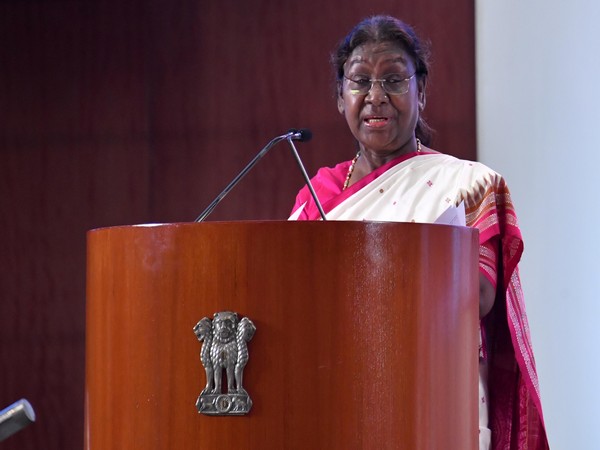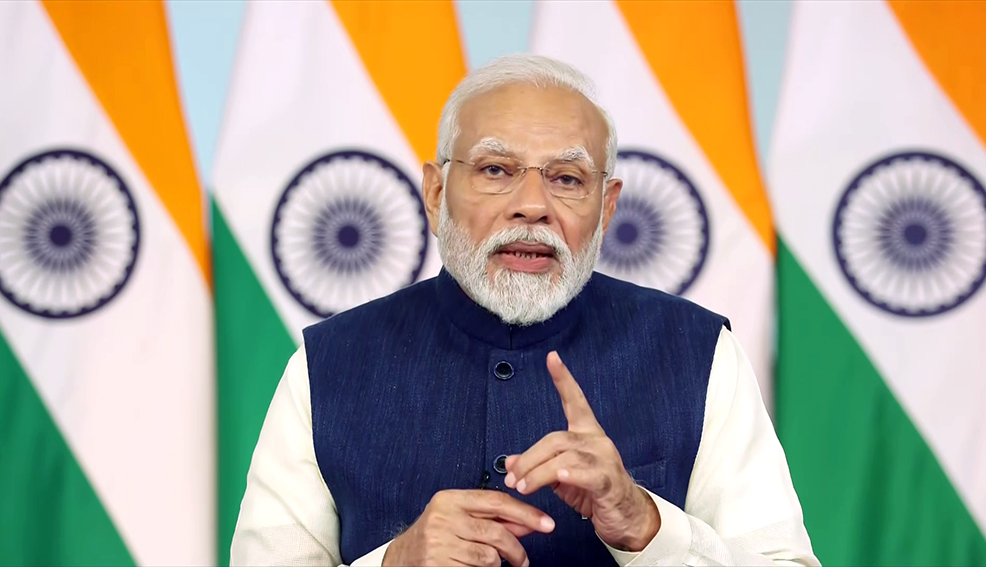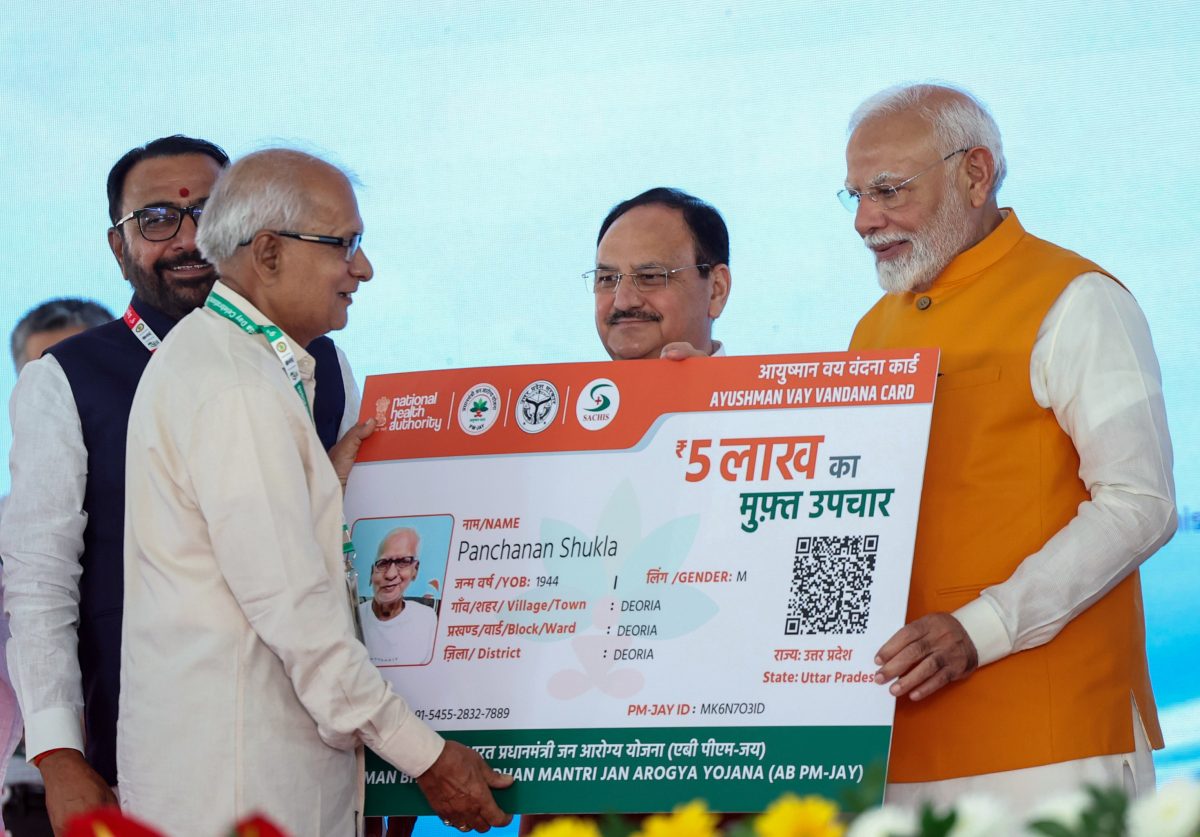President Droupadi Murmu, in her valedictory address at the National Conference of the District Judiciary, commemorating 75 years of the Supreme Court of India, highlighted the recent advancements in the judiciary’s timely administration, infrastructure, facilities, training, and manpower.
President Murmu emphasized that while progress has been made, significant work remains in these areas. She stressed the importance of accelerating reforms and called for a united effort from all stakeholders to overcome the numerous challenges facing the judicial system.
Addressing the closing ceremony of the National District Judiciary Conference, President Murmu stated, “I am informed that in recent times, there has been improvement in the availability of timely administration, infrastructure, facilities, training, and manpower. However, much remains to be done in all these areas. I believe that rapid progress is needed in every dimension of reform.”
“I am pleased to note that the number of women in selection committees has increased in recent years. This increase has resulted in a 50 percent rise in the number of women in these committees,” she added.
“There are many challenges facing our judiciary that require concerted efforts from all stakeholders. For instance, issues related to evidence and witnesses should be resolved jointly by the judiciary, government, and police administration,” the President continued.
The President also expressed concern over the plight of women victims, noting that they often suffer due to a lack of societal support.
“It is a sad aspect of our social life that even after committing a crime, criminals often roam freely, while their victims live in fear, as if they themselves have committed a crime. The situation is even worse for women victims, who often do not receive the support they need from society,” said President Murmu.
The Supreme Court of India organized the two-day National Conference of the District Judiciary on August 31 and September 1, 2024. The event was attended by over 800 participants from district judiciaries across all States and Union Territories.
During the conference, President Droupadi Murmu and Union Law Minister Arjun Ram Meghwal called for solutions to address the practice of deferring court cases and to break the common perception of a ‘Tarikh par Tarikh’ culture in the justice system.
Meanwhile, Chief Justice of India DY Chandrachud stated that an action plan has been skillfully laid out to reduce case pendency through effective case management.
President Murmu also mentioned the “black coat syndrome” that poor people in rural India face due to barriers to accessing justice.
Under the guidance of Chief Justice of India DY Chandrachud, the national conference on the district judiciary featured six sessions over two days.
The session on “Infrastructure and Human Resources” aimed to explore ways to enhance the infrastructure and human capital for the district judiciary, according to a press statement issued by the Supreme Court.
The session on “Courtrooms for All” included presentations and discussions on the need for accessibility and inclusivity within the district judiciary and ensuring safe and equitable access to justice for marginalized communities.
“Judicial Security and Judicial Wellness” was also discussed to address safety concerns for judges and various well-being initiatives.
The second day featured a session on “Case Management,” focusing on strategies for efficient case handling and reducing pendency. “Judicial Training – Curriculum and Methods” was also deliberated upon to enhance training programs for judges.
The conference also included a session on “Bridging the Gap,” encouraging discussions on how the High Courts and Supreme Court can holistically support the needs of the district judiciary.
Judges of the Supreme Court, Chief Justices of High Courts, Secretary General of the Supreme Court, and Registrar Generals of High Courts participated in the conference.




















